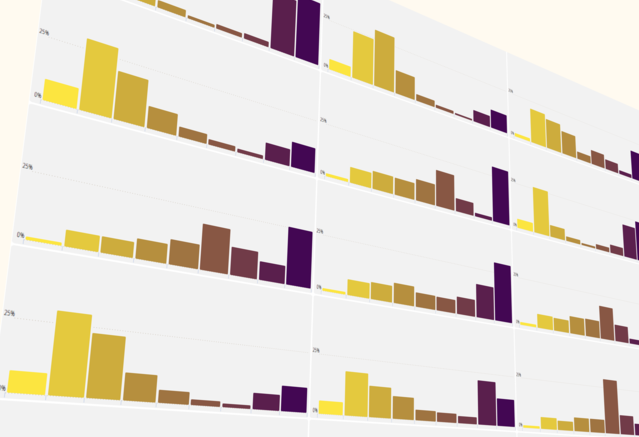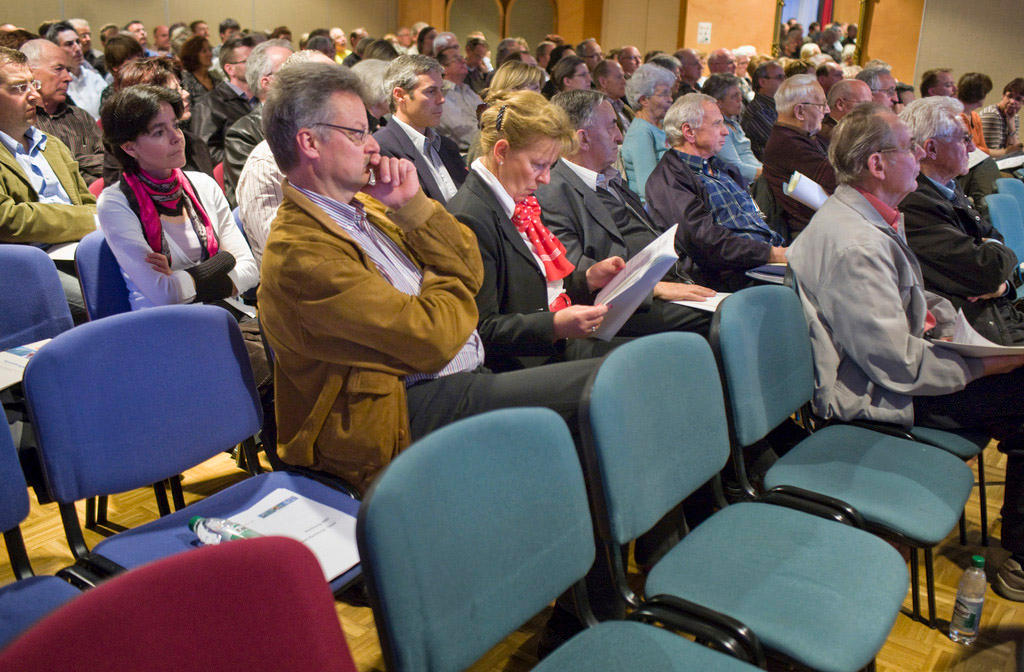Will I ever truly be a ‘local’ in Switzerland?
A Basel resident from Turkey was inspired to reflect on her difficult Swiss integration process after a citizenship case involving a Turkish woman made waves in the international press.
As a Turkish immigrant in Switzerland, it recently became clear to me that full integration does not necessarily lead to full citizenship and acceptance in Switzerland. A lifelong resident of the country with Turkish origins recently answered more than 100 somewhat bizarre interview questions only to be denied citizenshipExternal link by her local municipality.
If a Swiss-born woman with Turkish parents cannot be accepted in this country after three generations, how will I ever be?
In the city where I lived an “expat” life for five years (meaning a contract-based science job, automatically renewed one-year residence permits through the international company I worked for, automatic tax deductions, working in a multicultural environment, etc.) I established myself as an adult and a scientist and formed solid bonds with friends coming from both my native Turkey and other countries. I fully appreciated the international life, free of social oppressions that have become more prevalent in Turkey, especially towards young women, in the last 15 years. I praised the Western culture for its advancements in human rights, free speech, and democratic rulings. I even married a Swiss man. But now, as an immigrant – and a highly qualified, job-seeking one at that – I am seeing another, more difficult side of Switzerland.

My transition from being a carefree expat with a doctorate from a Swiss university to a concerned immigrant from a non-EU country came suddenly after my husband, then my boyfriend, and I applied to be married in a civil ceremony when my studies were over. We received a long list of questions from the authorities to prove that this was not a wedding being carried out on false pretences. They asked how we met, who proposed first, what we would do if our application were denied, etc. If it had been my close friend asking these questions, it would have sounded nice and attentive, but in this case, it was the authorities defending the integrity and security of the country. And failing to convince them would have meant deportation for me. For the first time, I realised that I was stripped of my identity as I would have defined it. I might have been, then, a potential threat.
In the multinational company where I carried out my PhD studies, English is the main language and nobody’s origins are an issue. But in my German class or at the institutions where I applied for help in finding jobs, my Turkish origins frequently lead to questions, raised eyebrows and inquisitive looks.
“Why don’t you speak German? Does your family allow you to marry a foreign man? Which language do you speak with your husband?”
Swiss-born Turkish woman turned down for passport
The naturalisation case of a 25-year-old Turkish citizen born in Switzerland raised eyebrows last week when reported in the Swiss magazine Schweizer Illustrierte. The woman, who speaks fluent Swiss German and plans to stay in the country, was turned down for a passport after answering a series of questionsExternal link before a panel of interviewers from her town. The questions ranged from familiarity with traditional Swiss sports to reasons for her car lease and why she shops at one supermarket and not another. “The arbitrary nature of the official [naturalisation] process has rarely been so visibly on display,” wrote the Tages-AnzeigerExternal link newspaper in response to the case.
The more they learn of my story, the more confused they get. An independent Turkish woman, who came to Switzerland without any relatives in Europe to do her PhD and marry a Swiss man without speaking either German or French… it is funny in a way to see people unable to digest these individual pieces of my identity.
On a continent where the very complex process of integration is boiled down to speaking the local language, being not quite fluent in German has cost me jobs, social acceptance in daily encounters and even the ability to open accounts at some banks. Some financial advisors kindly advised me to learn the language in six months and then come back to apply for an account.
It is slowly sinking in for me that immigration is not just about getting the permits to stay with the person you love. It is not only about speaking the local language, either. It is the ability to picture yourself as a truly accepted part of the country, now and in the future. The hosts have expectations such as being able to communicate if nothing else. So do the newcomers. Finding an employer and seeing one’s qualifications recognised is one expectation. Voting and being involved in decisions that affect us is another. More important is receiving equal standards in health, education, employment, economic and social standards for us and our children born in the country.
My struggle continues in finding a job and breaking the taboos by being who I am. Our consolation is that we have the choice of moving to another country because my husband and I are both highly qualified workers. Alternatively, we could move to a French-speaking Swiss canton, where the naturalisation process is more of a celebration and citizenship stories rarely attract the attention of the international media. But, what about all the locals who will stay behind but will never truly be “a local”?
Opinion series
swissinfo.ch publishes op-ed articles by contributors writing on a wide range of topics – Swiss issues or those that impact Switzerland. The selection of articles presents a diversity of opinions designed to enrich the debate on the issues discussed.

In compliance with the JTI standards
More: SWI swissinfo.ch certified by the Journalism Trust Initiative





You can find an overview of ongoing debates with our journalists here. Please join us!
If you want to start a conversation about a topic raised in this article or want to report factual errors, email us at english@swissinfo.ch.